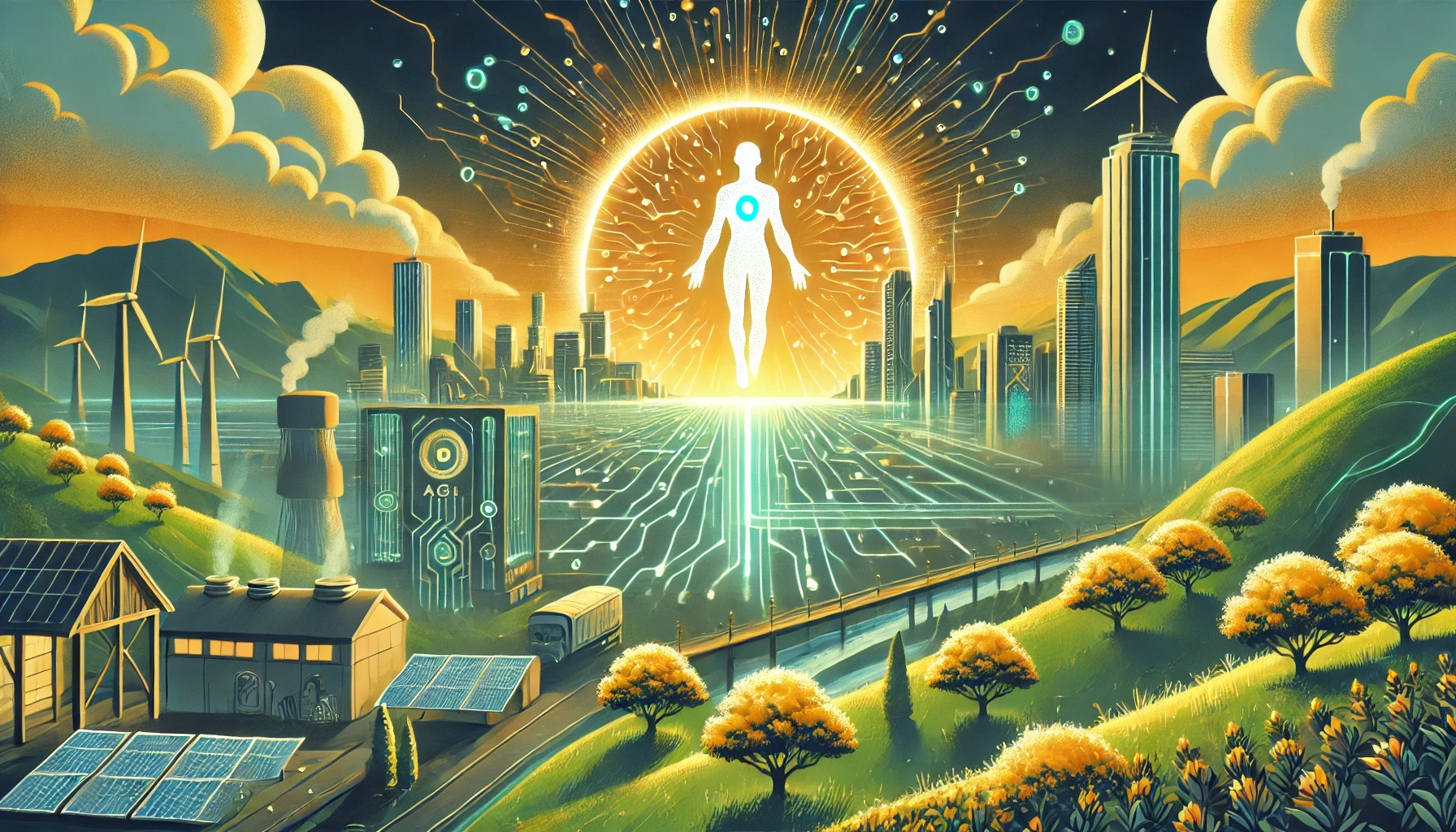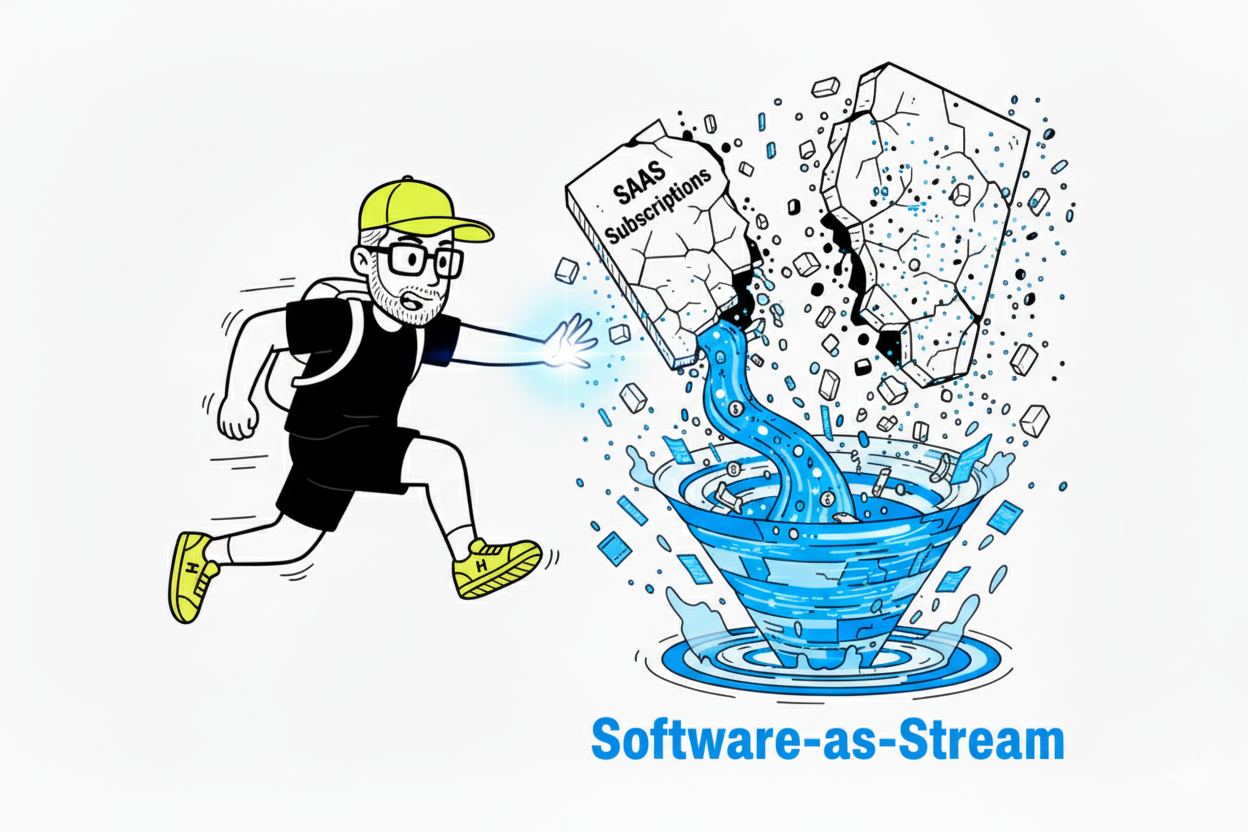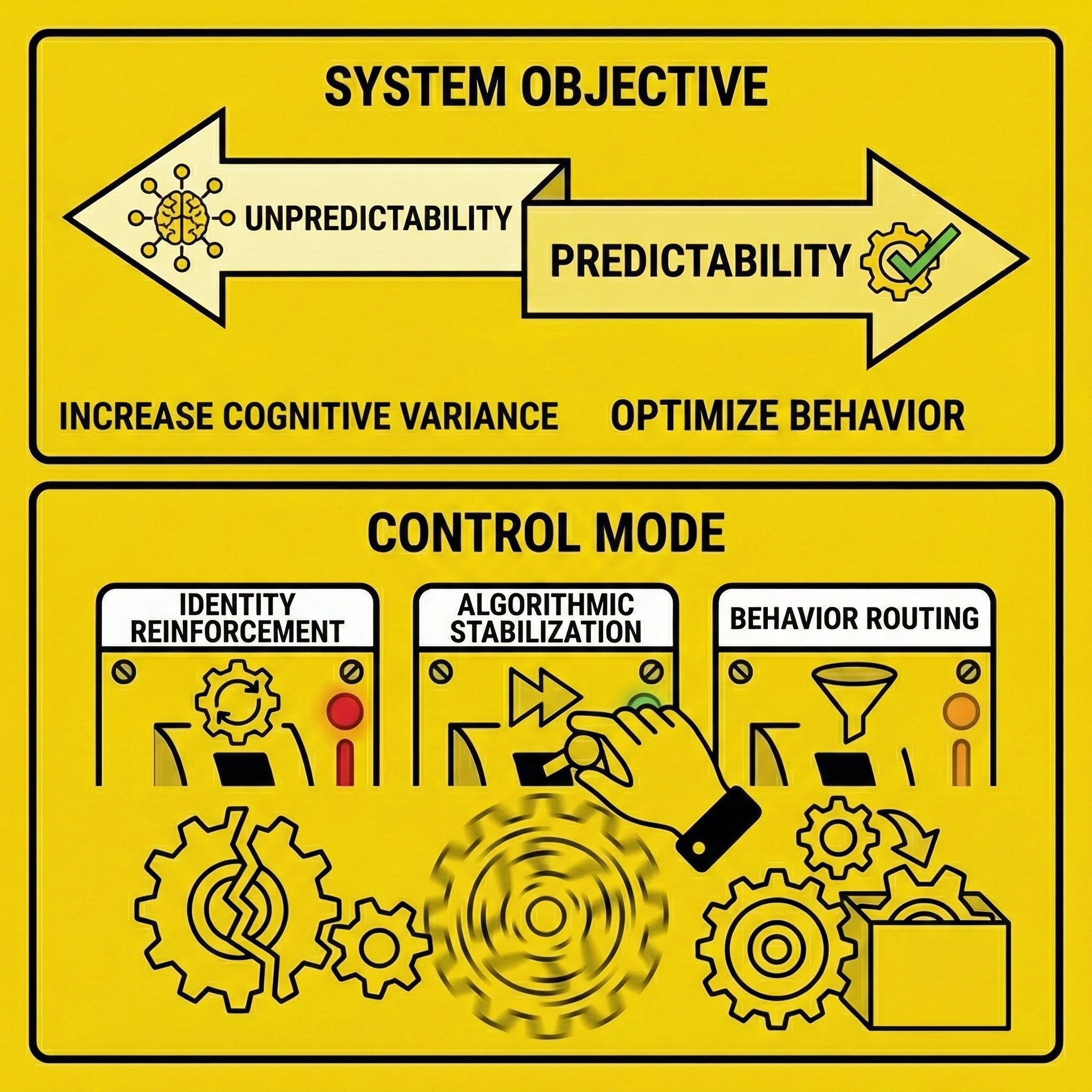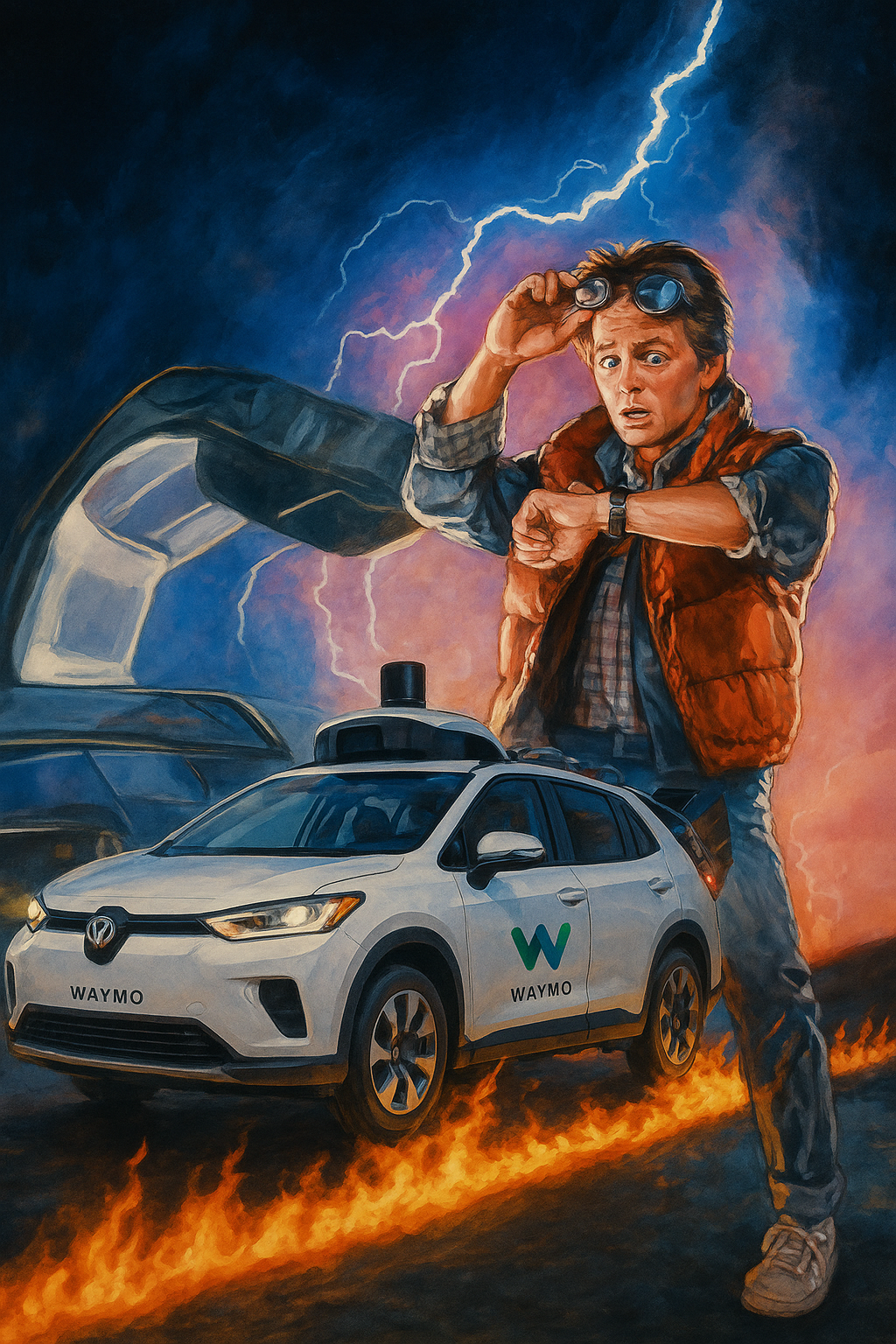For decades, software applications have been at the center of digital innovation. From business productivity tools to consumer apps, they have shaped how we interact with technology. However, a paradigm shift is underway, signaling the decline of traditional apps. The future belongs to AI agents and MCP (Model Context Protocol) servers, which will replace the fragmented app-based experience with a more seamless, intelligent, and autonomous digital ecosystem.
The Transition: From AI-Native to Specialized AGI
The transition away from standalone applications follows three key phases:
1. NOW: AI-Native Era
We are currently in the AI-native phase, where artificial intelligence is being embedded into applications as enhancements rather than replacements. AI copilots, smart automation, and recommendation engines are making apps more powerful, but users still interact with multiple discrete applications.
2. THEN: MCP Servers and AI Agents
The next phase will see the rise of MCP (Model Context Protocol) servers and AI agents, fundamentally reshaping how users interact with digital services.
- MCP Servers act as intermediaries that maintain contextual continuity across AI models. They allow different AI systems to interact fluidly, improving interoperability and eliminating the need for app-based workflows. Instead of opening individual apps, users will engage with AI models capable of dynamically pulling relevant data and executing tasks across different platforms.
- AI Agents will be the primary interface between humans and technology, functioning as intelligent assistants capable of managing workflows without requiring users to open or interact with specific apps. They will autonomously execute tasks, retrieve information, and communicate with other AI models via MCP servers.
3. ENDGOAL: Specialized AGI
The ultimate destination of this transition is Specialized AGI (Artificial General Intelligence)—advanced AI systems capable of autonomously managing entire workflows in industries such as finance, healthcare, and software development. Instead of a collection of disconnected apps, users will rely on a single AI-driven ecosystem that understands context, makes decisions, and performs complex tasks with minimal human input.
Why Are Apps Becoming Obsolete?
Several key trends are driving the decline of traditional applications:
1. AI Agents Will Eliminate the Need for Discrete Apps
Rather than switching between multiple apps, users will communicate with AI agents that understand their needs, retrieve relevant data, and execute tasks autonomously. Whether scheduling a meeting, making purchases, or analyzing business data, the AI will handle everything behind the scenes.
2. MCP Servers Enable Cross-Model Collaboration
One of the biggest limitations of current AI implementations is their isolation—AI models lack shared context when interacting across different platforms. MCP servers solve this by providing a unified protocol that allows AI systems to exchange context and work together more effectively. This eliminates the need for app-based integrations and allows AI-driven workflows to function seamlessly.
3. The Death of User Interfaces as We Know Them
Apps rely on graphical user interfaces (GUIs) with menus, buttons, and dashboards. As AI models become more sophisticated, the need for these interfaces will diminish. Instead of manually navigating through apps, users will interact with AI in natural language, delegating tasks without opening separate applications.
4. A New Economic Model for AI-Driven Services
Traditional app monetization strategies—such as subscriptions and one-time purchases—will become obsolete as AI-driven services shift toward pay-per-use models, dynamic AI service pricing, and automated revenue-sharing via MCP-enabled ecosystems. This will significantly change how software businesses operate.
Implications of an AI-First Future
For Consumers
- AI will personalize and automate digital interactions, reducing cognitive load.
- Instead of using multiple apps, a single AI assistant will handle everything from scheduling to shopping.
- AI will anticipate needs and take proactive actions based on user habits.
For Businesses
- MCP servers will unlock new efficiencies by allowing AI systems to work together without rigid integrations.
- App-based businesses must adapt or risk becoming obsolete in an AI-dominated landscape.
- AI-driven automation will streamline operations, reducing costs and increasing productivity.
For Developers
- The focus will shift from app development to AI model fine-tuning and optimization.
- MCP-driven architectures will replace traditional API-based integrations.
- Ethical and regulatory considerations will become central as AI gains more autonomy.
Conclusion: The Future of AI is App-Less
We are rapidly moving toward a world where AI agents, not applications, will power digital experiences. MCP servers will ensure that AI models can work together seamlessly, eliminating the need for users to manually navigate between apps. This shift represents one of the most significant technological evolutions of the decade—one where AI is no longer a tool within apps but the primary interface between humans and the digital world.
As this transformation accelerates, businesses and developers must rethink their strategies to stay relevant in an AI-first, app-less future.




